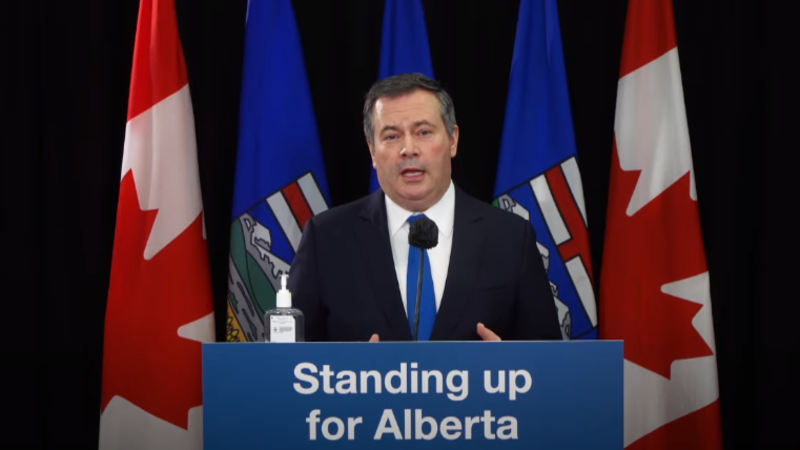
Kenney “obviously disappointed” in Supreme Court’s carbon tax decision
LETHBRIDGE, AB – Alberta’s Premier is not happy with the Supreme Court of Canada.
The country’s highest court ruled Thursday that the federal carbon tax is constitutional.
READ MORE: In split decision, Supreme Court says the federal carbon price is constitutional
Jason Kenney has issued his response to that decision, saying he is “obviously disappointed.”


